|
What is experiential learning anyway? How is experiential learning defined? What does K12 classroom experiential learning look like? What are the characteristics of experiential learning? What are examples of experiential learning? What are experiential learning activities? Why is experiential learning important and what are the benefits? I get these questions a lot.
0 Comments
What are self-directed learning strategies that empower learners and promote agency? This is a popular question among educators that have an interest in self-directed learning and know the benefits, but aren’t sure about how to go about incorporating self-directed learning strategies in their classroom or homeschool.
One of the most common inquiries I get is for inquiry-based learning examples. It's widely known that inquiry-based learning is beneficial, but knowing how to use inquiry-based learning can feel like a mystery. Almost every learning experience that I facilitate with my own children and my high school students centers around inquiry-based learning, and I want to share some of those examples with you!
As someone with a background in biology, the first places I would think to go for scientific inquiry experiences is outside or in a lab. Next would be the kitchen. Need some easy kitchen science experiment ideas? Head inside -->
Inquiry-based learning is a student-centered approach to content and skills exploration. Students construct meaning through the exploration of their own questions.
But where do those inquiry questions come from? From observations and personal experiences! Check out these three super simple observation activities for inquiry-based learning inspiration. Inquiry-based learning is a classroom or homeschool teaching strategy that puts students in the driver's seat. Rather than deliver students with tidbits of information that they may or may not resonate with, they ask their own questions about topics that interest them and stimulate curiosity. But how do they come up with GREAT questions?
Inquiry-based learning in the classroom is essential for 21st-century learners. But what is the importance of inquiry-based learning? How can you get started incorporating inquiry into your classroom or homeschool learning environment today? Let's go!
Creating opportunities in the classroom for students to build 21st-century skills should be a priority for today's educators. ALL of them.
How do you infuse 21st-century skills seamlessly into the curriculum or learning day? I like to promote 21st-century skill-building with inquiry-based learning strategies. In short, inquiry-based learning is a student-centered instructional method that promotes learning through discovery. Rather than have "correct answers" delivered directly from teacher to student, the learner explores the world around them, asks questions, and investigates.
There is one critical teacher question to ask students consistently:
"How can you find out?" This is one of my favorite answers to student questions. Resourcefulness is an important skill for children to have heading into adulthood in the 21st-century. I often have students that don't know how to answer this question when I ask it. They don't know where to go to get information. |
Blog IntentTo provide innovative educational resources for educators, parents, and students, that go beyond lecture and worksheets. AuthorSara Segar, experiential life-science educator and advisor, curriculum writer, and mother of two. Categories
All
|
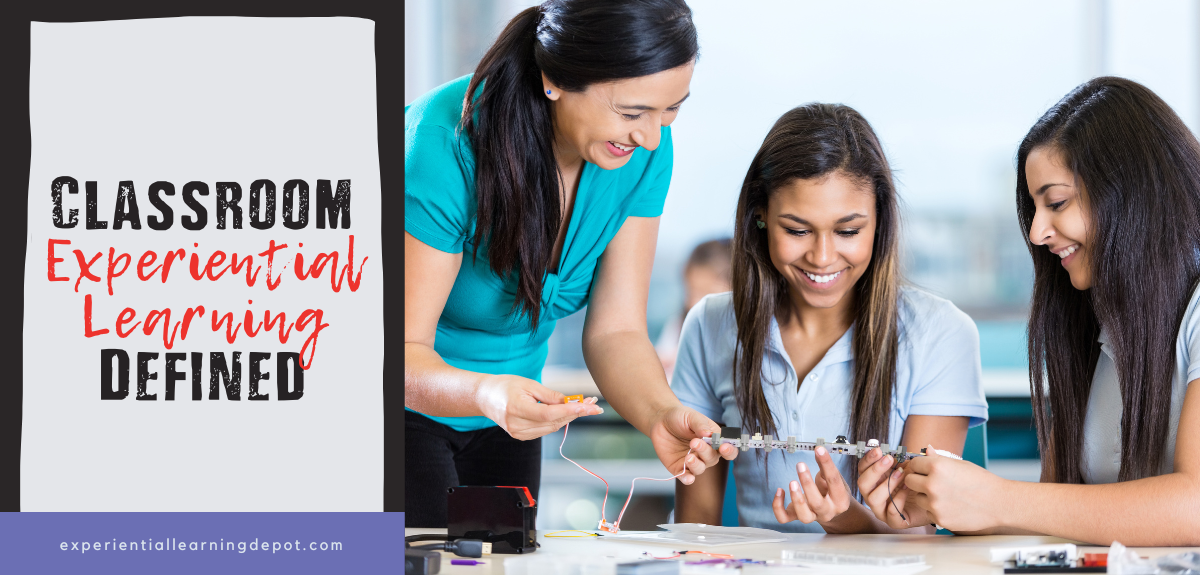
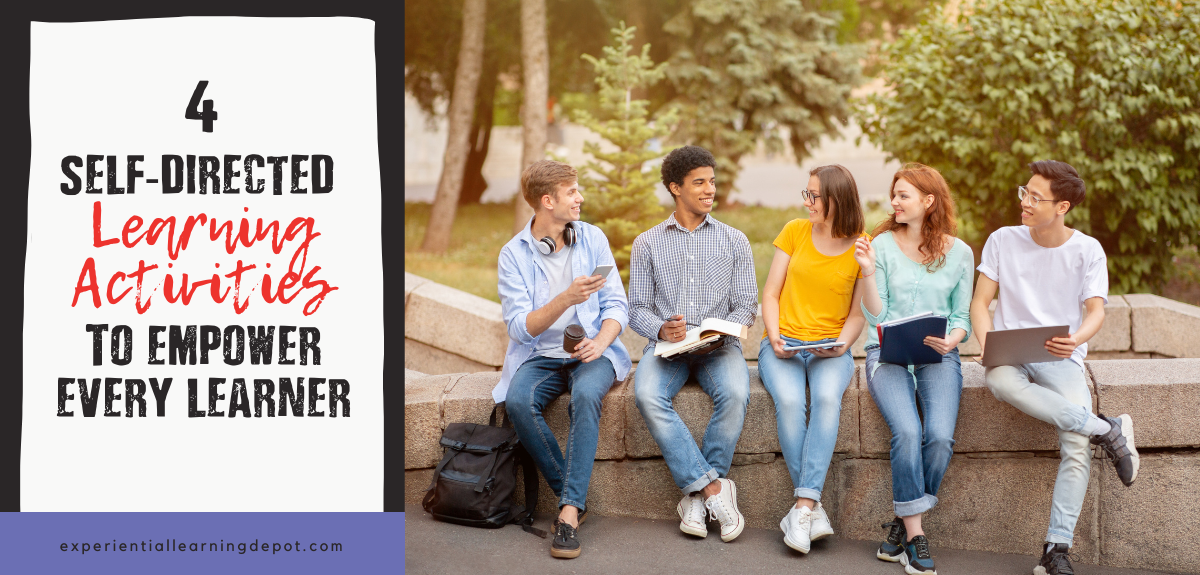
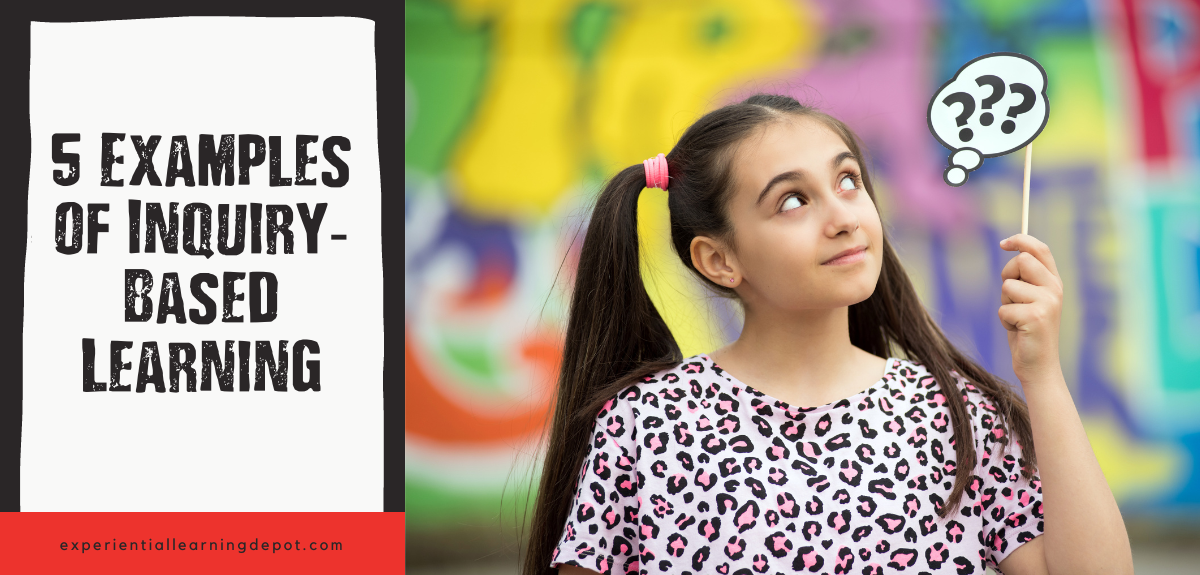
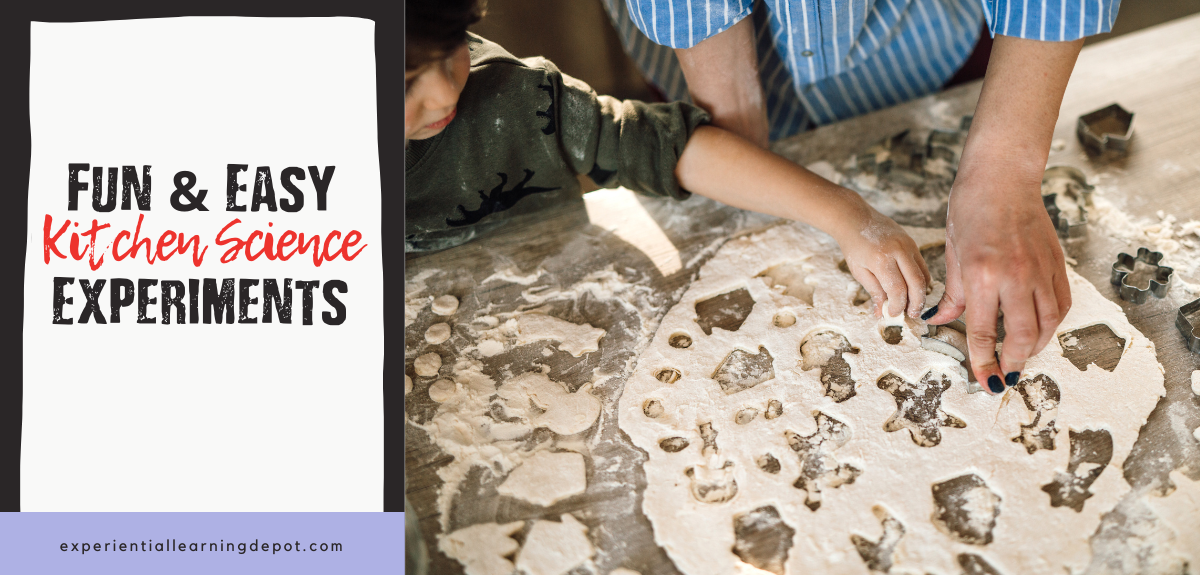
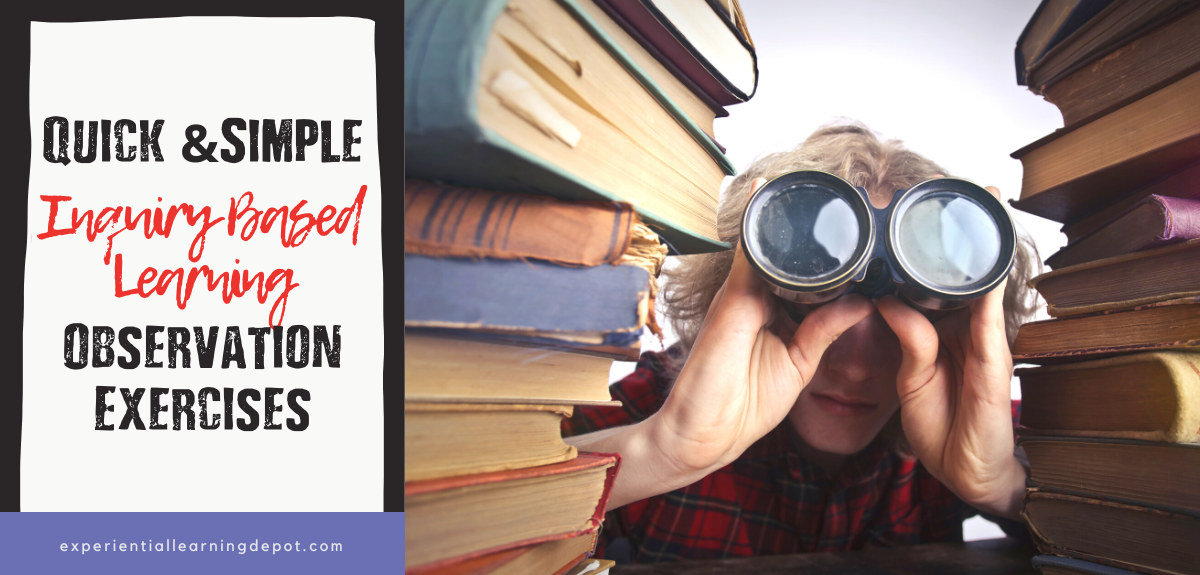
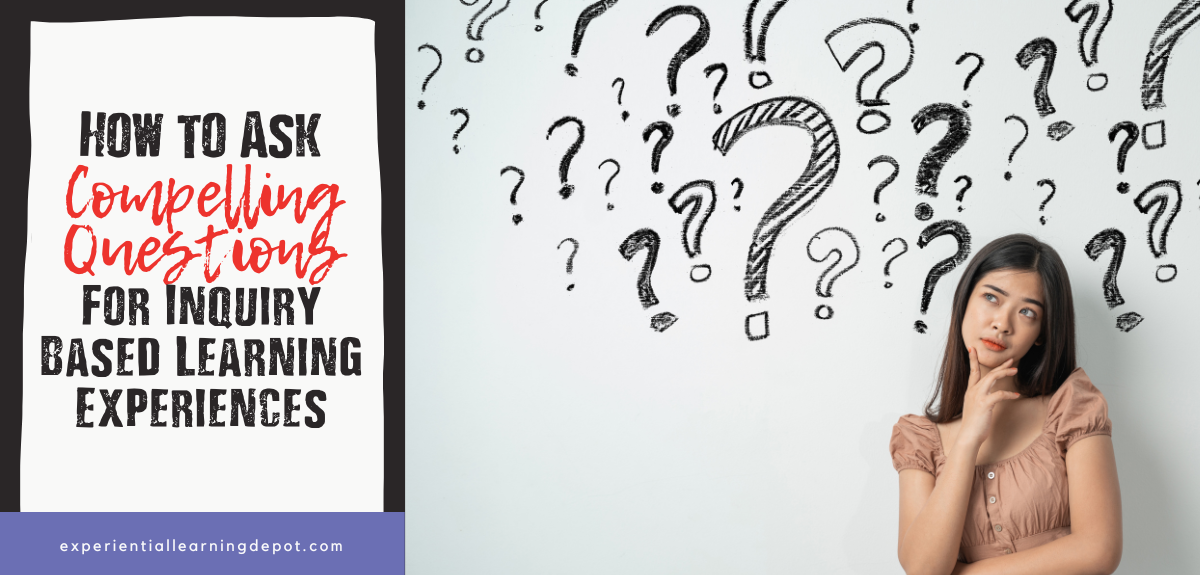
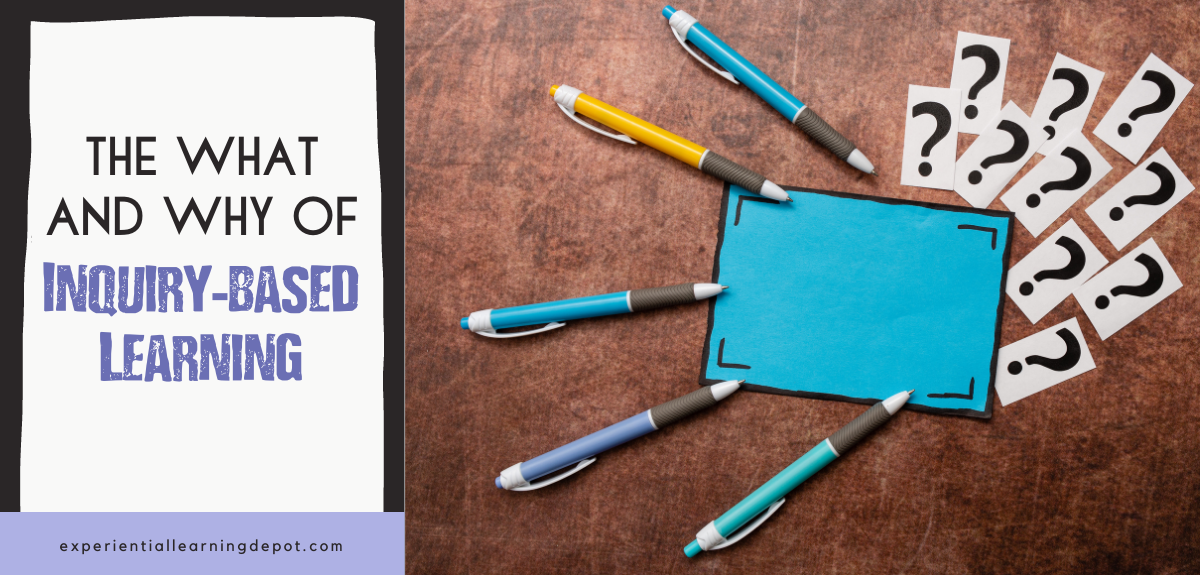
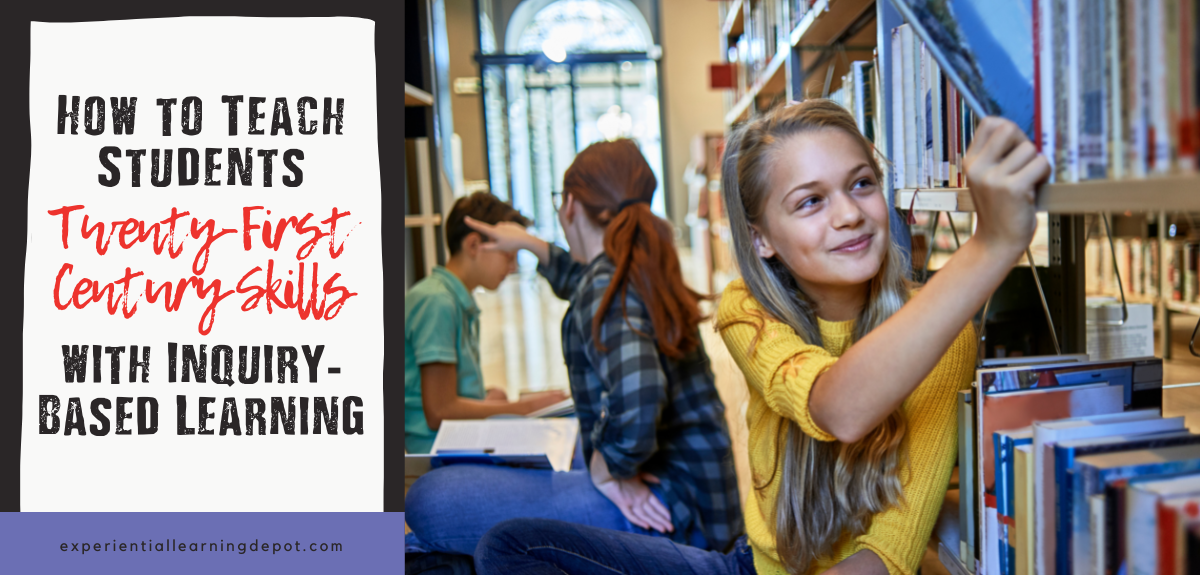
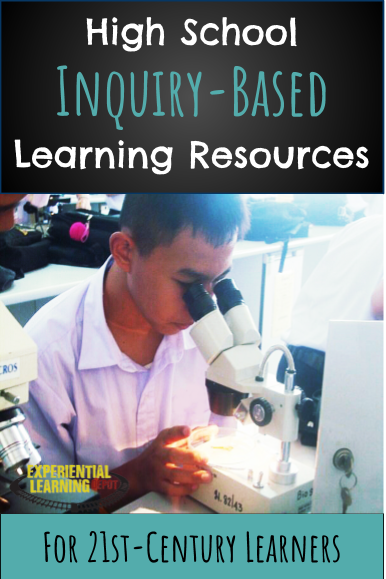
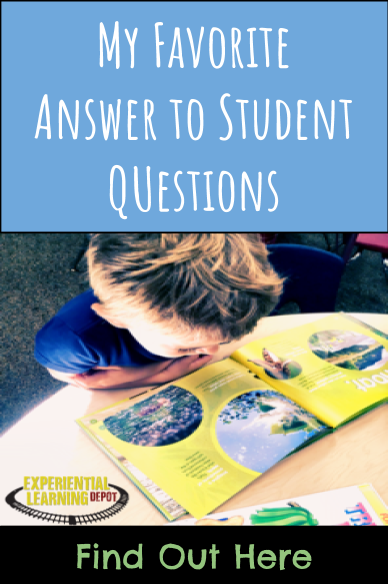
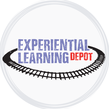

 RSS Feed
RSS Feed